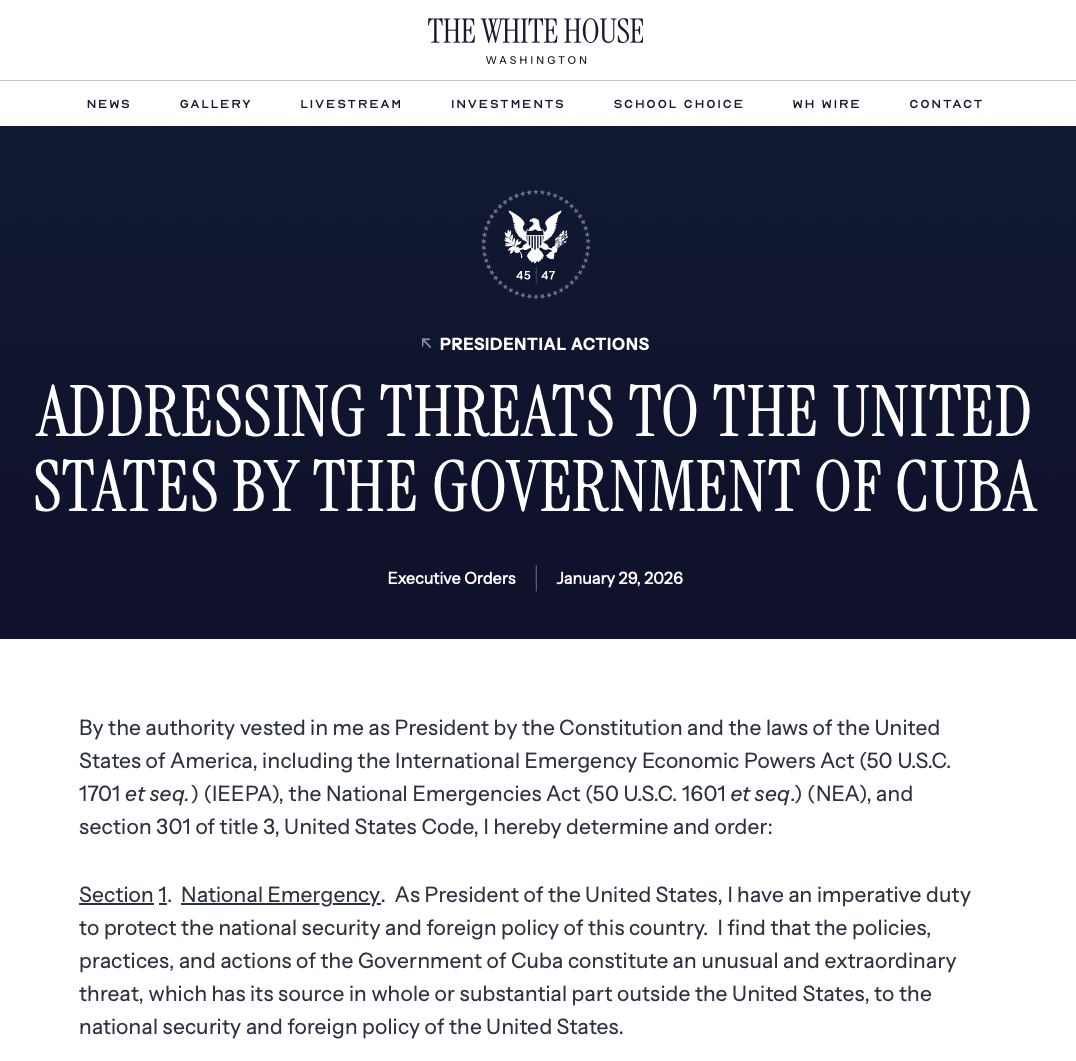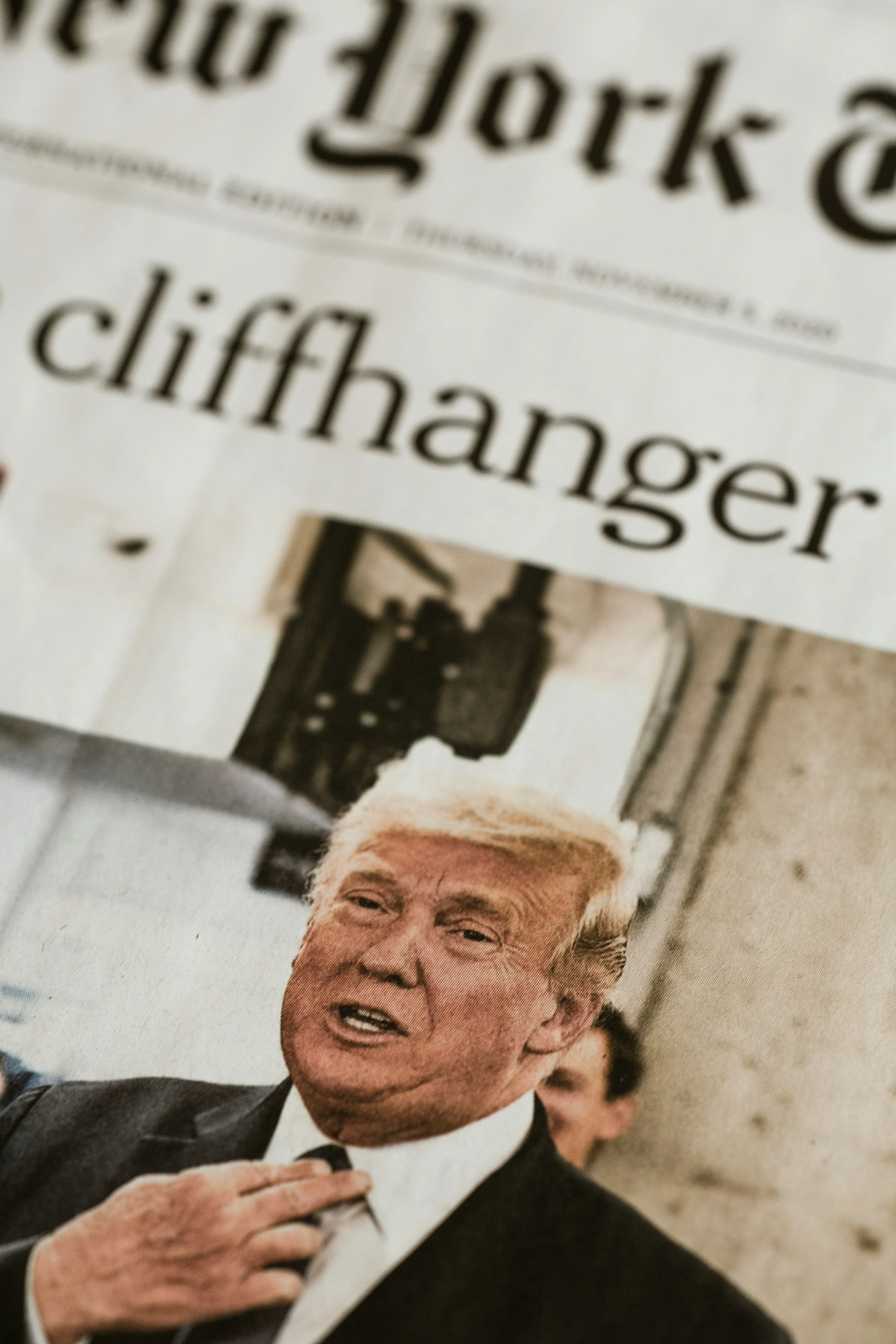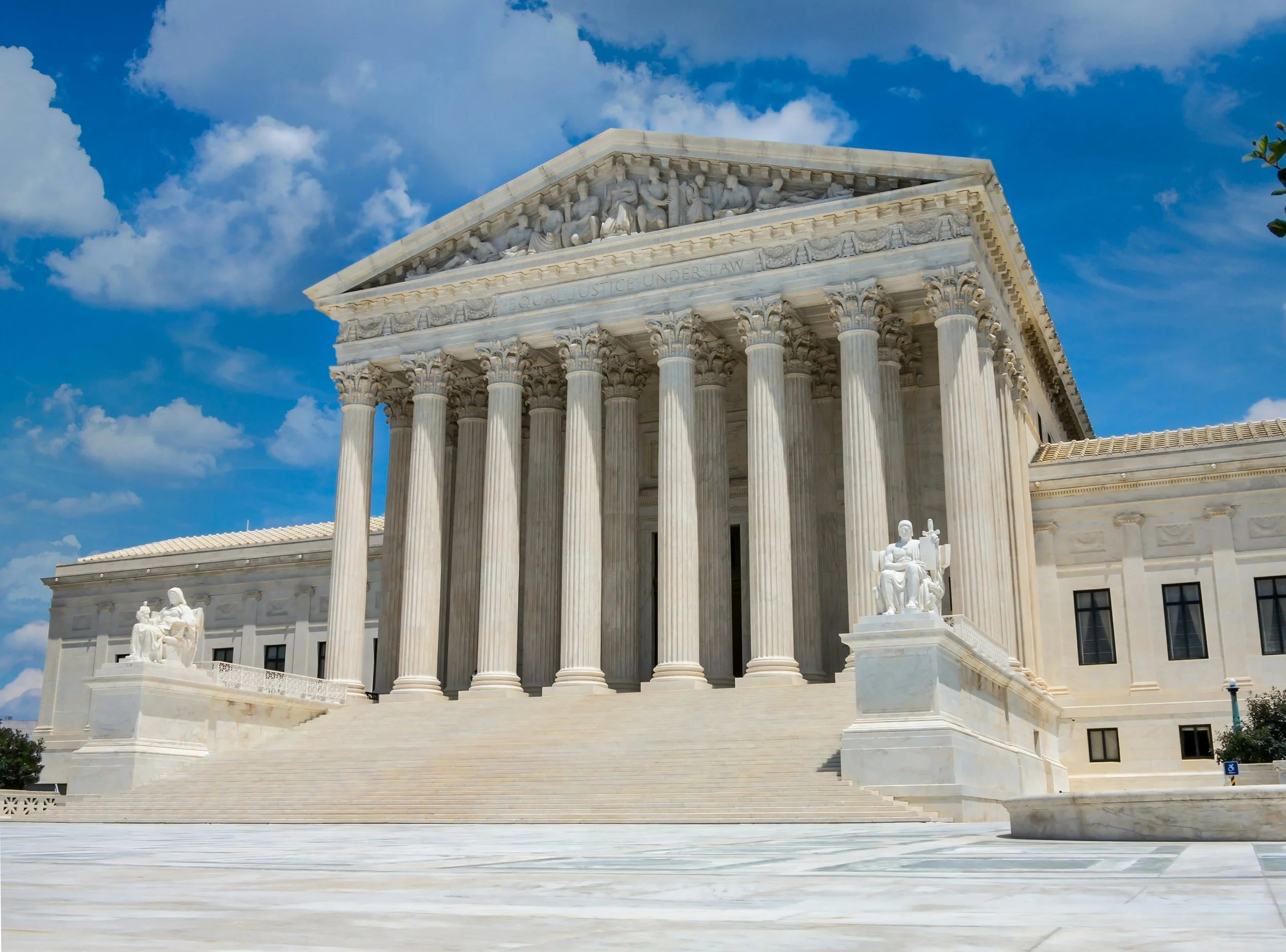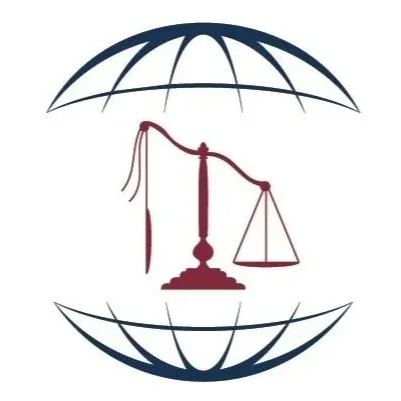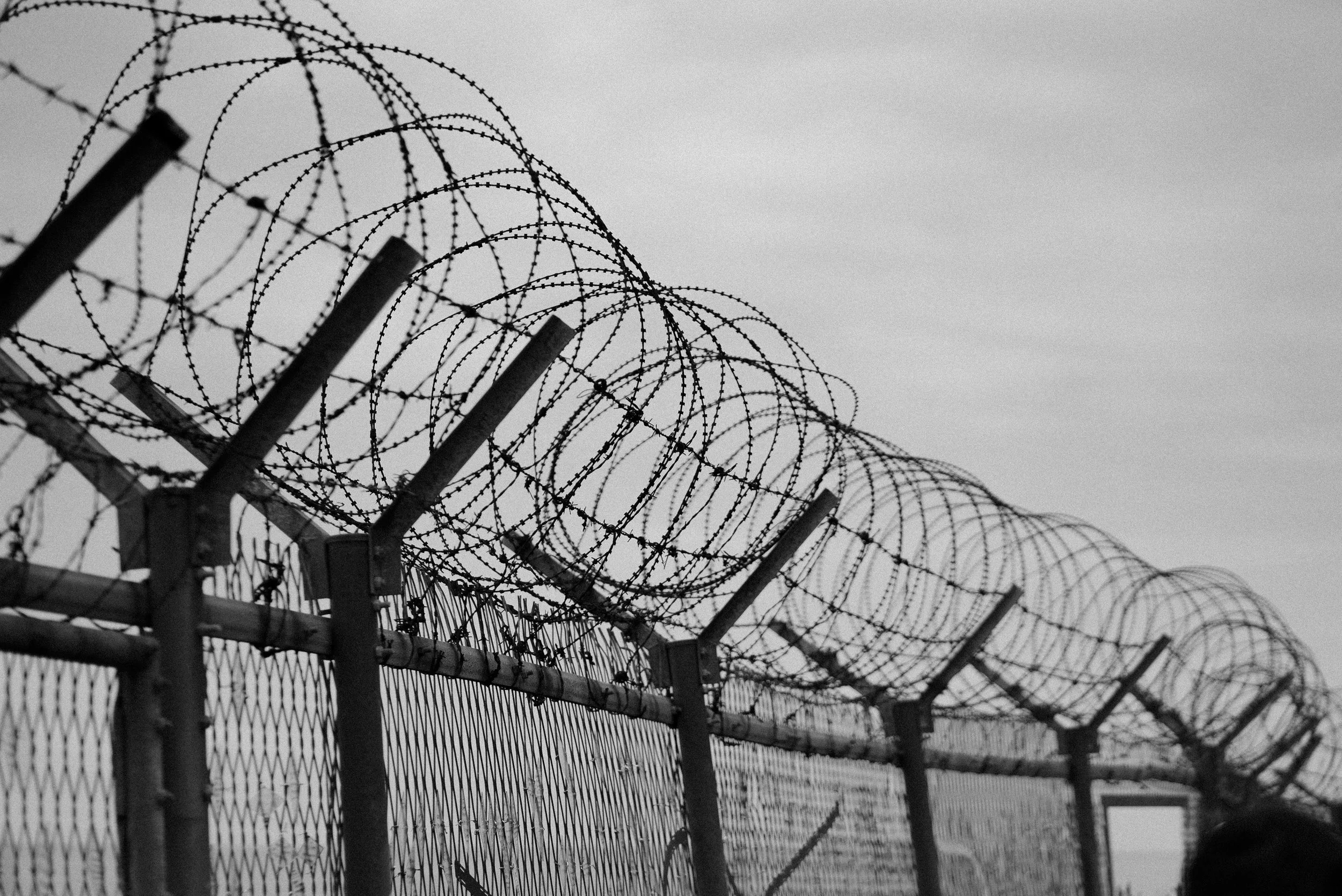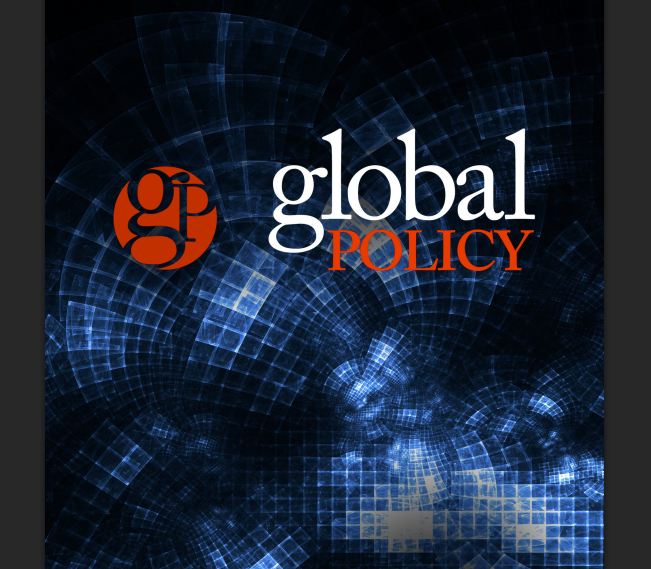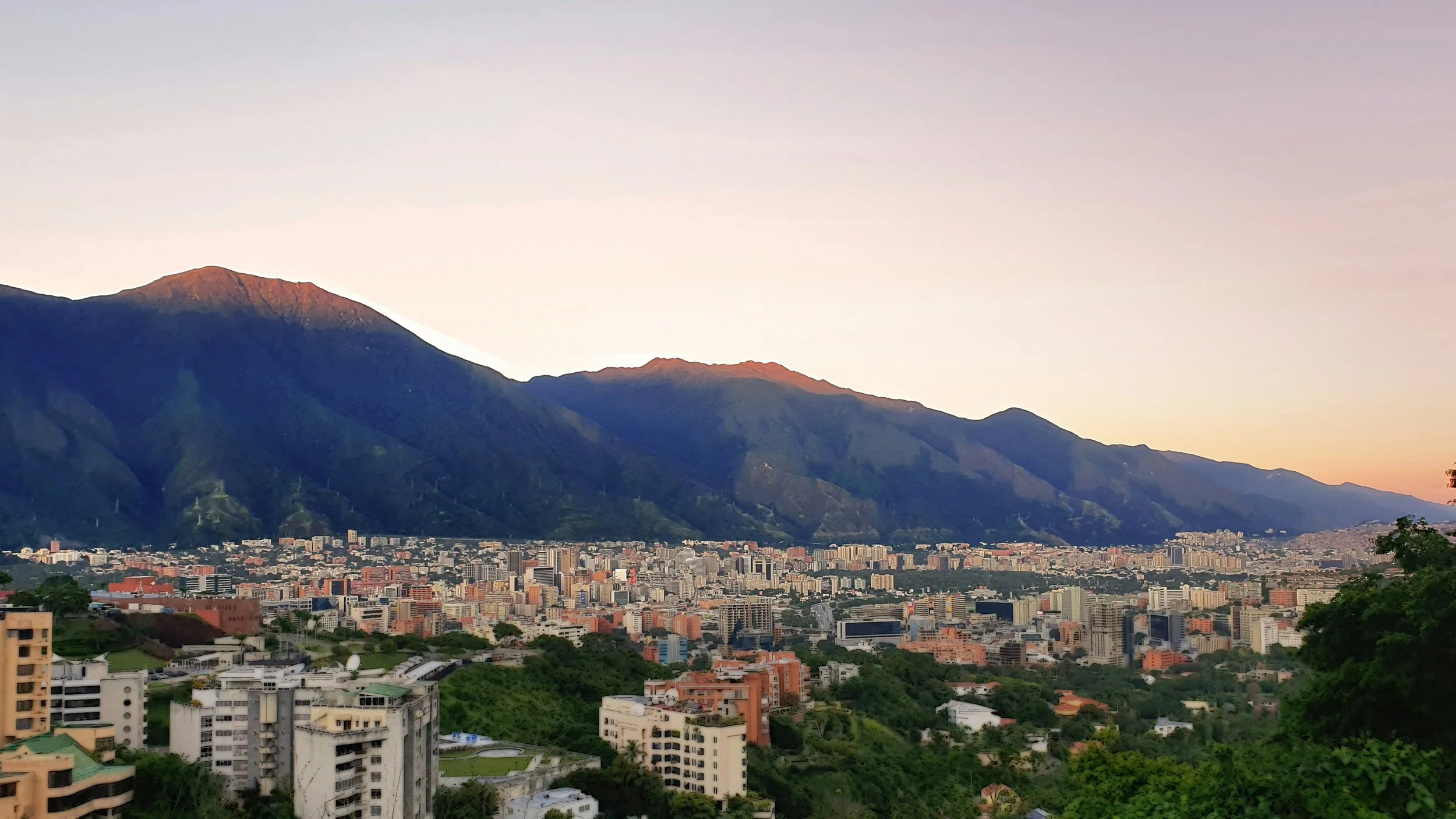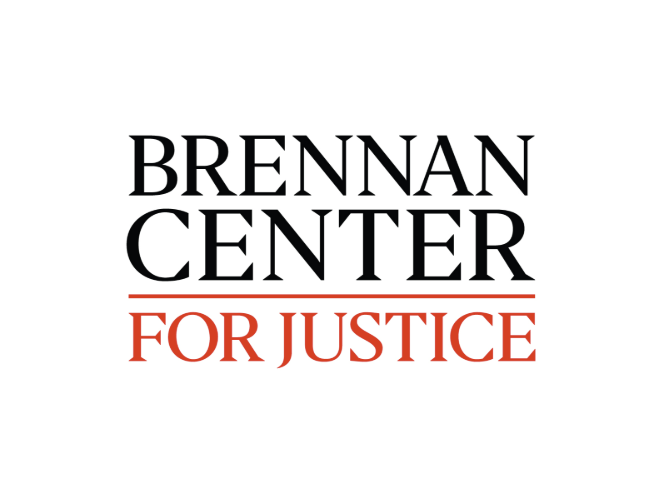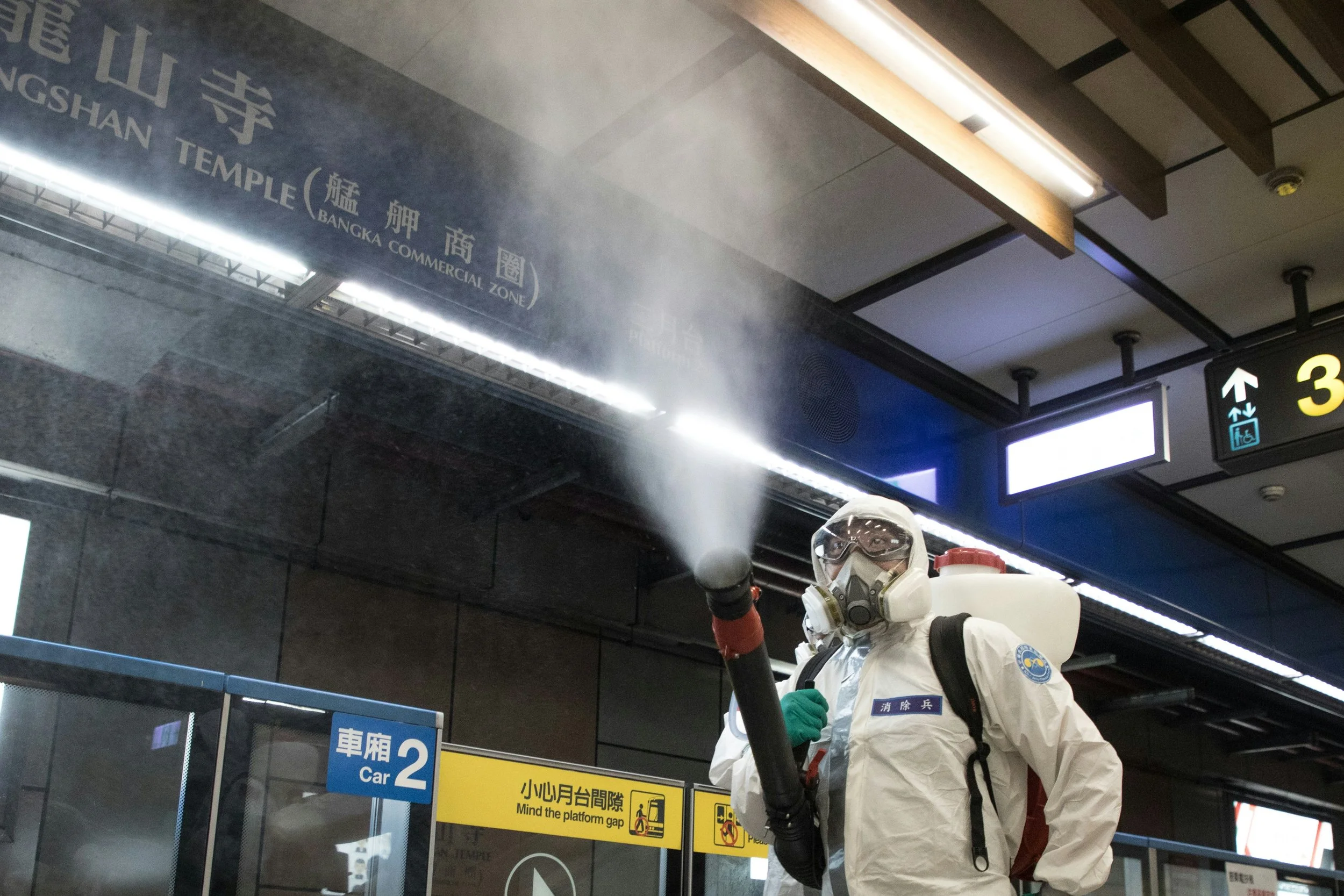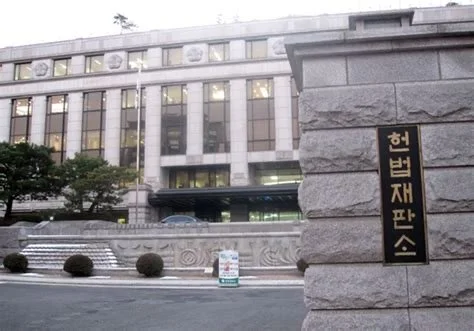
Global Events
Welcome to the Institute for the Study of States of Exception Global Events page, featuring global events that shed light on the misuse of emergency powers and the erosion of democratic norms. Through curated updates and analysis, we connect the headlines to the deeper patterns of authoritarianism, resistance, and rule of law.
“Emergency powers are, at one and the same time, necessary for preserving the life of the nation and dangerous to that life.”
— Oren Gross and Fionnuala Ní Aoláin (Law in Times of Crisis, 2006)
On January 29, 2026, U.S. President Donald J. Trump signed an Executive Order titled “Addressing Threats to the United States by the Government of Cuba,” declaring that the current geopolitical dynamics involving Cuba constitute an “unusual and extraordinary threat” to U.S. national security and foreign policy, and as such further constitute a formal national emergency under the National Emergencies Act (NEA) and the International Emergency Economic Powers Act (IEEPA).
This explainer situates the declaration within the broader framework of U.S. emergency powers, outlining the legal authorities invoked and the mechanisms through which the order is intended to be implemented. ISSE’s analysis focuses on clarifying how this emergency functions in practice, what it enables as a matter of law, and why its invocation matters in the context of the growing normalization of emergency authorities in U.S. governance. The piece is intended to provide readers with a clear, accessible account of the declaration itself and its immediate implications, rather than a normative assessment of U.S.-Cuba policy.
For United States President Donald Trump, 2025 was a year of crisis.
Roaring into office on January 20 on the heels of a raucous political comeback, the president’s own telling describes a series of actions that have been swift and stark.
To name a few, he has envisioned rooting out a migrant “invasion” that includes staunching legal immigrants, and, potentially, targeting US citizens; he has touted a hard reset of uneven trade deals that pose “an unusual and extraordinary threat to the national security”; and, in the final months of the year, he has gone on the military offensive against “narcoterrorists” that he claims seek to topple the US through illicit drugs, possibly used as “weapons of mass destruction”.
For legal observers, Trump’s approach has been a yet-undecided stress test on presidential power, cranked by the gears of broadly interpreted emergency statutes and untrammeled executive authority.
Decisions by the court, lawmakers and voters in the 2026 midterm elections could determine how that strategy resonates or is restrained.
“The use or abuse of emergency powers is only one corner of a larger picture,” Frank Bowman, professor emeritus of law at the University of Missouri, told Al Jazeera.
“In many cases, the administration is simply doing stuff that certainly any pre-existing understandings of executive authority would have said you cannot do,” he said.
While public attention has recently focused on events in Venezuela and the ICE killing of Renee Good in Minneapolis, two court decisions issued shortly before Christmas (one by a federal district court and one by the Supreme Court) warrant closer scrutiny. In each case, the judiciary imposed at least temporary limits on the current administration’s assertion of extraordinary executive authority. Although neither arose from a formally declared state of emergency, both reflect an expansive conception of presidential power in which certain actions are treated as categorically insulated from judicial review.
In this respect, the cases illustrate how exceptional power may be exercised without explicit invocation of emergency authorities, not by suspending the law temporarily, but by asserting that entire domains of executive action lie beyond ordinary legal constraint. This mode of governance closely aligns with the most maximalist contours of unitary executive theory and functions as a de facto state of exception embedded within constitutional interpretation itself.
Recent legal disputes over the revocation of security clearances and the attempted federalization of National Guard units raise questions that extend beyond statutory interpretation or executive overreach. They point instead to a deeper theory of presidential power, one that treats certain executive actions as categorically insulated from judicial review. This explainer situates those claims within the framework of unitary executive theory and examines how its most expansive forms can function as a standing state of exception within constitutional law.
The U.S. capture of Venezuelan President Nicolás Maduro represents a striking assertion of state power beyond established international norms. Seizing a foreign leader by military force, whether that leader’s legitimacy is disputed or not, without international authorization or lawful justification undermines the basic rules designed to restrain conflict and protect sovereignty, including those set out in the United Nations Charter. Such actions do not occur in isolation; they reflect a broader pattern in which governments increasingly treat legal constraints as optional when exercising power. ISSE examines this episode as an example of how the normalization of exceptional measures erodes accountability and weakens the legal guardrails that underpin both international order and democratic governance.
In late December 2025, renewed media attention turned to Centro de Confinamiento del Terrorism (CECOT), El Salvador’s flagship mega-prison, after CBS news executives postponed a 60 Minutes broadcast of an investigative report about the facility, called “Inside CECOT.” While the media controversy itself is newsworthy, the importance of the investigative report highlights another important reality: CECOT is not an anomaly or a temporary security measure, but a central institution of a state of exception that has now governed El Salvador for nearly four uninterrupted years. On December 22, 2025, American journalist Yashar Ali claimed to have obtained a video portion of the postponed investigative report, and published it on his Substack “The Reset.” Ali’s Substack, and the included video portion alleged to be part of the postponed 60 Minutes segment, is included here by ISSE for research and informational purposes only.
In December 2025, Lithuania declared a state of emergency following repeated airspace incursions by unmanned balloons launched from neighboring Belarus, which authorities described as part of a broader hybrid threat affecting public safety and border security. Notably, the emergency was declared not by executive decree but by Lithuania’s parliament, the Seimas, acting under clear constitutional authority. The declaration is strictly time-limited, subject to legislative oversight, and embedded within ordinary constitutional procedures rather than suspended from them. As democracies increasingly invoke emergency powers in response to unconventional security challenges, Lithuania’s approach offers a contemporary example of how states can confront perceived threats while preserving parliamentary control and guarding against the normalization of exceptional measures.
Neither the declaration of war nor the use of emergency powers suspends fundamental human rights and humanitarian norms. Even in war, the principle of distinction under international humanitarian law, notably the Geneva Conventions, protects civilians. A drug boat, however illicit its cargo, is not a military target. Those on board remain civilians especially if there is no clear way of identifying them as combatants – or in this case, suspected gang members. From a human rights perspective, the International Covenant on Civil and Political Rights is equally clear. The right to life, protected under international law, cannot be suspended even under a declared national security emergency. Emergencies do not justify taking a life on the mere assumption of criminality. This is both arbitrary and unlawful. The same applies to due process. Every individual has the right to a fair trial before being deprived of his liberty, and even more so, his life. Drug trafficking is not a capital crime that would warrant a death sentence, and even if it were, punishment still requires trial and conviction. The bombings, therefore, would be extrajudicial punishment.
The United States Government has deployed a large military task force to the waters in the Caribbean Sea, while making a variety of threats against the government of Venezuela and against drug traffickers it alleges are operating in that country and elsewhere. It is also conducting a campaign of killings against alleged drug traffickers, using drones and aircraft to attack and destroy small boats without warning far from U.S. shores, in almost every instance leaving no survivors.
The first part of this essay describes the Trump administration’s threats of military force against Venezuela and its killings of alleged drug traffickers in small boats in the Caribbean, providing an analysis of relevant law. The concluding section, “States of Emergency: The Wars Abroad and the Wars at Home,” examines how the administration has combined narratives about the drug trade, terrorism, and immigration to assemble a legal and ideological toolbox for the construction of an authoritarian state.
On November 5, the Supreme Court heard oral argument in a case testing the limits of presidential emergency powers. At issue is whether a president may use the International Emergency Economic Powers Act (IEEPA) to impose sweeping tariffs on imports from countries around the world.
The stakes of this case reach far beyond trade policy. The Court’s decision could shape whether the use of emergency powers to bypass Congress becomes a tool of routine governance, with profound implications for the constitutional separation of powers and limits on presidential authority.
The case arose after President Trump declared three national emergencies to impose tariffs on Canada, Mexico, and China, followed by a fourth national emergency to impose a 10 percent global tariff plus “reciprocal” tariffs of up to 50 percent on selected countries and corporations. He justified each of these measures as a response to an “unusual and extraordinary threat” to U.S. national security, foreign policy, and/or the economy.
A number of corporations and states responded by filing suit in federal court. The Brennan Center has filed friend-of-the-court briefs in several of these cases, arguing that longstanding trade imbalances do not constitute an emergency or an “unusual and extraordinary threat” and that IEEPA does not authorize the president to impose tariffs. The Court will now determine whether the statute gives presidents a “tariff pen” that can bypass Congress entirely.
On December 4, 2025, the three judge U.S. Court of Appeals for the District of Columbia Circuit granted the Trump Administrations’s request to halt a lower court judge’s November 20, 2025, order concluding that President Trump’s deployment of 2000 National Guard troops to Washington, D.C., was illegal. The November 20 order had been postponed by the lower court’s judge from coming into effect until December 11, 2025, in order to give the Trump Administration time to appeal the decision. Initially, the D.C. attorney general had filed suit in September over the deployment, following President Trump’s August announcement that he would take over the city’s police department in conjunction with the National Guard deployments. As a result of the December 4, 2025, ruling, this suit filed by the D.C. attorney general will now continue.
On November 29, 2025, the Former JAGs Working Group issued a statement concerning the lethal strikes taken by the US Military on September 2, 2025, against a civilian boat allegedly carrying narcotics. The statement, which is linked here, is unequivocal in its conclusion that if the second strike, which targeted two survivors of the initial strike, occurred as was reported by both the Washington Post and CNN, then the giving and execution of the order to kill the survivors constituted a war crime, murder, or both.
From the point of view of ISSE, the September 2 strike that reportedly killed eleven civilians, and subsequent strikes against civilian boats that are reported to have killed over seventy additional civilians, are connected to, and logically flow from, the administration's use of emergency powers.
On November 5, 2025, the U.S. Supreme Court heard oral arguments for nearly three hours in the combined tariffs cases, now identified as Trump v. V.O.S. Selections Inc., No. 25-250, and Learning Resources Inc. v. Trump, No. 24-1287, litigating U.S. President Donald Trump’s use of emergency powers under the International Emergency Economic Powers Act (IEEPA), 50 U.S.C.§1701 et seq., to impose tariffs. No date for the decision has been formally identified as yet but some estimates suggest a decision could be rendered as early as mid-December 2025, but a decision must be issued by the time the Supreme Court's current term ends in June 2026 at the absolute latest. ISSE will provide an update once a decision is rendered.
When COVID-19 swept the world, governments invoked sweeping emergency powers and tools meant for war or catastrophe to restrict movement, control information, and consolidate authority. The pandemic tested the balance between public health and civil liberties, revealing how quickly exceptional emergency powers could become normalized.
The pandemic forced governments to navigate the tension between urgency and accountability. Rapid action saved lives, but emergency governance could further erode trust in institutions where transparency was weak. And once leaders exercised exceptional powers, rolling them back proved politically difficult.
Oral arguments are scheduled for November 5, 2025, in V.O.S. Selections, Inc. v. United States, also known as the Tariffs Case or the International Emergency Economic Powers Act (IEEPA) case. The fundamental issue at stake is whether the President has authority under IEEPA’s grant of emergency powers to rewrite the United States tariff schedule. While IEEPA grants the President broad authority to “regulate . . . importation or exportation” of property as necessary to address “unusual and external threat(s)”, IEEPA does not specifically grant the authority to impose tariffs. The ability to impose tariffs has traditionally been viewed as a core aspect of Congress’s Article 1 authority to collect taxes, duties, imposts and excises, and to raise revenue.
On April 2, President Trump declared that the U.S. trade deficit in goods was a national emergency and raised tariffs to the highest level in 100 years to address it. Three courts have now ruled that those tariffs are illegal, and an appeal by the government will soon be heard by the Supreme Court. As I write elsewhere, the decisions striking down the tariffs are persuasive and should be upheld. But each also ignores a key question: whether the U.S. trade deficit constitutes an “unusual and extraordinary threat” that justifies emergency measures in the first place.
A week ago, President Donald Trump and members of his cabinet announced a takeover of law enforcement functions in Washington, D.C. using three tools: deployment of elements of the D.C. National Guard (and National Guard troops from several cooperating states as well), invocation of a statutory emergency power to requisition the services of the city’s Metropolitan Police Department, and a surge of federal law enforcement to the city’s streets, including Department of Homeland Security, Federal Bureau of Investigation, and other federal agents. Over the past week, 800 D.C. National Guardsmen have been mobilized for operations in the city, with hundreds more state National Guardsmen on their way, and 500 newly deployed immigration and other federal agents are patrolling the streets or have set up checkpoints. At the same time, the district and the White House have engaged in a power struggle over control of the city’s police department…
Not even a year into his second term, President Trump has (as of 11 August 2025) declared 11 national emergencies, exceeding every president’s single-term total except for his own previous record of 13 national emergency declarations.
An embedded chart in this report depicts National emergencies declared annually by U.S. Presidents, from 1979 to 2025 (as of 11 August 2025)…
Per reporting from the Associated Press, on 31 July 2025, El Salvador's Legislative Assembly pushed through a constitutional reform overnight eliminating presidential term limits, fueling concerns that it paves the way for President Nayib Bukele to indefinitely stay in power…
The Vox article, “Donald Trump keeps declaring national emergencies. Why?” published on May 18, 2025, examines President Trump’s unprecedented use of national emergency declarations during the first 100 days of his second term. As of this writing, he has declared eight national emergencies across various domains, including the southern border, energy, trade, drug trafficking, and the International Criminal Court. These declarations grant him access to special powers outlined in over 150 legal provisions, enabling actions beyond or against congressional authorization. The article features insights from Elizabeth Goitein of the Brennan Center for Justice, who discusses the history and potential for misuse of these powers, especially given the limited checks on presidential authority following a 1983 Supreme Court ruling that removed Congress’s ability to veto emergency declarations…
According to a 2024 academic analysis published by the Columbia Undergraduate Law Review, El Salvador has continuously extended its state of emergency since March 27, 2022. , using vague constitutional language that allows indefinite suspension of civil liberties. The Salvadoran constitution permits 30-day emergency declarations but includes a loophole allowing renewal if “circumstances continue.” Despite a reported 70% drop in homicides by 2023, the emergency remains in place, now reauthorized more than two dozen times. Under this regime, over two percent of the adult population has been incarcerated, with numerous reports of arbitrary detention, denial of due process, and alleged torture in state custody. The article contrasts El Salvador’s system with South Africa’s constitutional framework, offering it as one model for more accountable governance that integrates checks on emergency power…
According to The Guardian, on April 4, 2025, South Korea’s President Yoon Suk Yeol was removed from office following a unanimous Constitutional Court decision. The court ruled that Yoon’s December martial law order constituted a “grave betrayal of the trust of the people” and violated the proper exercise of emergency powers. As a result, interim leader Han Duck-soo has been appointed to govern until a new president is elected within 60 days. In a brief statement, President Yoon apologized and acknowledged the court’s decision. The 111-day impeachment process, set against rising concerns for the country’s democratic future, culminated in this decisive action. Additionally, the report notes that Yoon may face a separate criminal trial related to charges of insurrection. South Korea’s conservative party stated that it “solemnly accepts” the outcome, while opposition leaders hailed the ruling as a victory for democracy…

